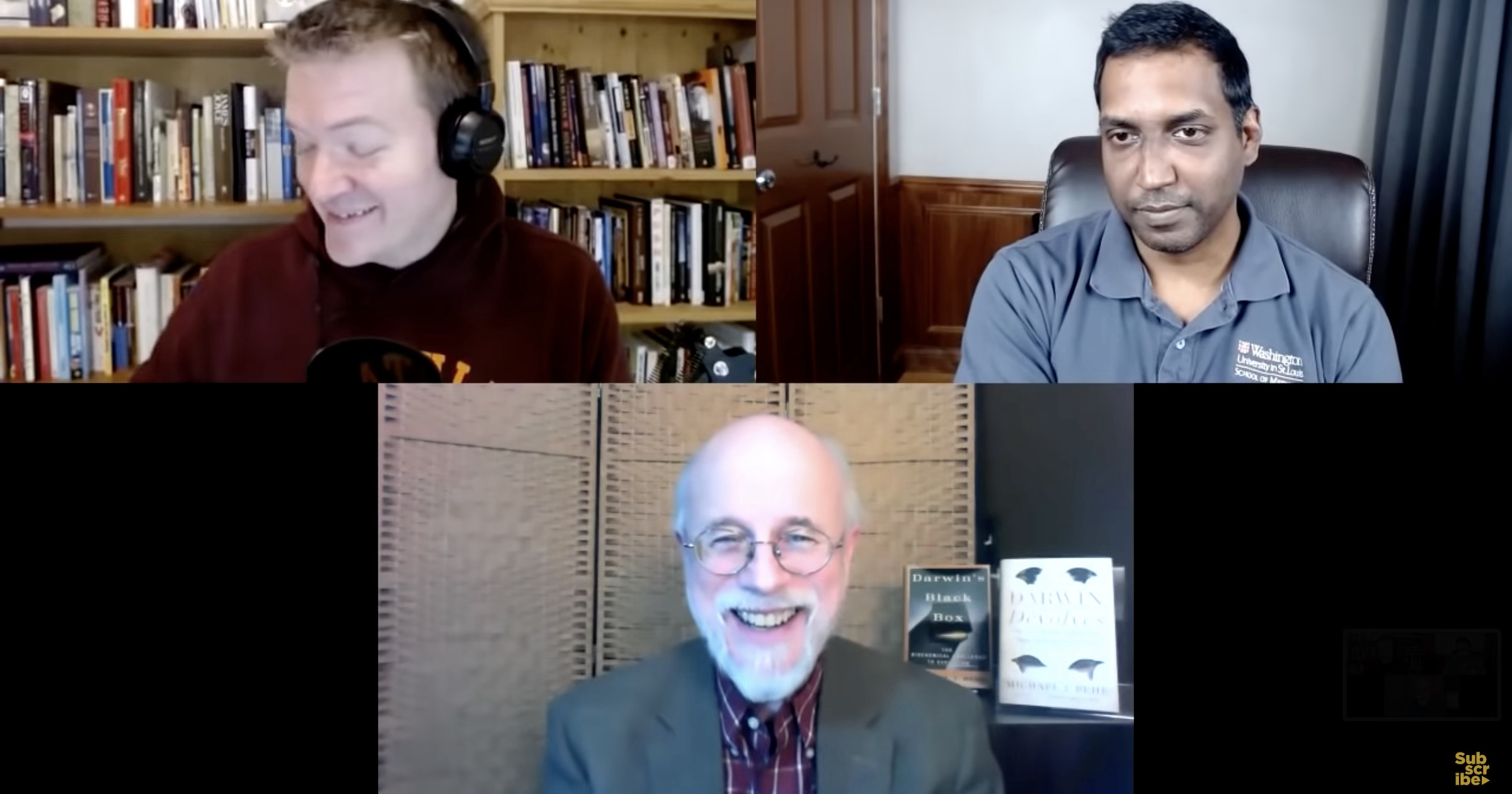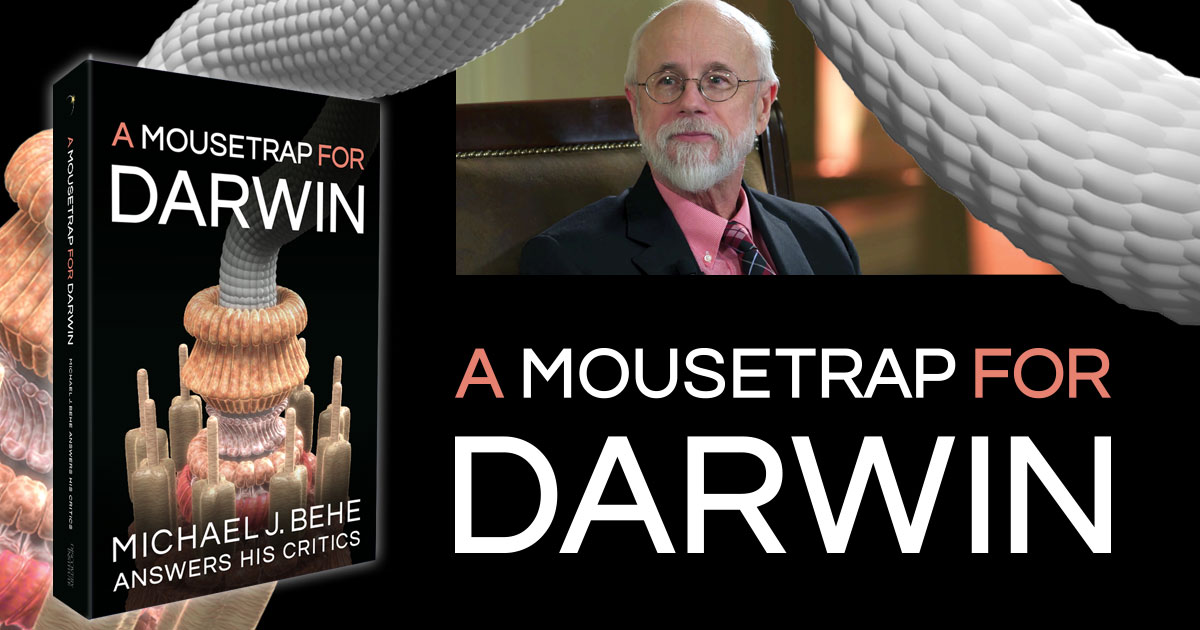 Evolution
Evolution
 Intelligent Design
Intelligent Design
The Myth of Behe “Refuted”

An op-ed today by two of biochemist Michael Behe’s Science Magazine reviewers from last year, Joshua Swamidass and Nathan Lents, repeats the myth that the reviewers “refuted” Behe. Lents and Swamidass celebrate both the 15th anniversary of the Kitzmiller decision, and their own friendship. They are, they tell us,
an unlikely pair. You won’t often see an evangelical Christian and a gay secular humanist teaming up, but we have crisscrossed the country together, speaking with audiences from the “liberal elites” at Columbia University to the “biblically conservative” at Concordia University. We have found solidarity in modeling what we believe is a better way forward for a culture at war with itself. We’ve also found friendship.
The controversies about origins will remain. Last year we…refuted the latest claims of intelligent design in the pages of Science, a move that put Joshua at risk of alienation from his spiritual community. Soon after, Nathan endorsed Joshua’s book, explaining the possibility of a genealogical Adam and Eve, putting him at risk among his atheist colleagues. [Emphasis added.]
A real “better way forward” in “controversies about origins” would be to use the right word. Behe’s book Darwin Devolves was not “refuted.” It was criticized, yes, but what the “unlikely pair” fail to mention is that Behe responded in massive and devastating detail to their criticism, as he always does with critics.
Michael Behe’s Mousetrap
To see how massively, check out the new book from Discovery Institute Press, A Mousetrap for Darwin: Michael J. Behe Answers His Critics. “Refute” — meaning “to prove to be false or erroneous, as an opinion or charge” — indicates a finality that is simply not the case. Not even close.

Yet that word is a favorite with Swamidass and Lents, as with other evolutionists. In the Science review itself they claimed,
Behe doubles down on his claim that the evolution of chloroquine resistance in malaria by random mutations is exceedingly unlikely because at least two mutations are required, neither of which is beneficial without the other. His calculations have already been refuted…
The language about “doubling down” is misleading, too: it implies that Behe ignores criticisms, which is the opposite of true, to the point of absurdity. A press release from City University of New York where Lents teaches (“Defending Darwin: Scientists respond to attack on evolution”) used the same language about “refuting” Behe:
[Science] magazine invited three biologists, all experts on evolution, to refute Behe.
To criticize, once again, is not to refute. To know that an idea has been refuted means that you have not only criticized it, but seriously absorbed any replies (in this case, from Dr. Behe), answered them, and dealt with any further response from the object of your criticism. This has not be done.
Instead, in typical fashion, Darwinists seek to avoid a proper argument by using clever talk, giving the false impression of a scientist, Behe, who brushes away challenges. That’s no way to conduct a scientific controversy.
By the way, Professor Behe met Professor Swamidass head-on recently with host Justin Brierley. See, “A Physician Describes How Behe, and Intelligent Design, Changed His Mind.”
